Therapy for addiction

Maybe it started as a way to cope, to celebrate, or to fit in. Now it feels like the substance or behaviour has taken over. You promise yourself you'll stop, cut back, or control it, but the pattern keeps repeating. You're not alone in this, and you're not weak. Addiction changes the brain in powerful ways, but recovery is absolutely possible. Thousands of people find their way back to lives they're proud of. With the right support, you can too.
What addiction actually looks like
The early signs
At first, you might notice you're thinking about the substance or activity more often. You look forward to it, plan around it, or feel relief when you know it's available. You might need more to get the same effect, or feel uncomfortable when you try to stop. Friends or family may have mentioned concerns, but you brushed them off. These shifts happen gradually, and they're easier to see looking back than in the moment.
When it takes hold
Addiction often shows up as a push and pull. Part of you wants to stop. Another part feels like you can't. You might hide how much you're using, lie about it, or feel shame afterwards. Work performance slips, relationships feel strained, and money gets tight. You might experience withdrawal symptoms like anxiety, irritability, sweating, or physical discomfort when you try to cut back. These aren't moral failures; they're signs that your brain's reward system has been hijacked.
How common is this
Addiction touches millions of Canadians. In 2019, approximately 6% of Canadians aged 15 and older met criteria for a substance use disorder in the past year. That's about 1.8 million people. Cannabis, alcohol, and opioids were the most commonly involved substances. Canadian Alcohol and Drugs Survey, 2019. The opioid crisis has been particularly devastating, with thousands of lives lost each year to overdose. But here's what matters: people recover every single day.
Understanding the scope
Sources: Canadian Alcohol and Drugs Survey and Canadian Centre on Substance Use and Addiction.
Different faces of addiction
Addiction doesn't discriminate. It affects people across all ages, backgrounds, and income levels. Some people struggle with alcohol, others with opioids, stimulants, cannabis, or prescription medications. Behavioural addictions like gambling, gaming, or shopping can be just as consuming. You might have one substance you depend on, or you might cycle between several. The path into addiction varies, but the possibility of recovery remains constant.
What addiction steals from your life
Relationships and trust
Partners feel hurt, confused, or angry. Kids notice more than you think. Friends drift away or issue ultimatums. The lying, broken promises, and unpredictability erode trust. Recovery isn't just about stopping use; it's about rebuilding the connections that make life meaningful and learning to show up consistently for the people who matter.
Health and vitality
Your body takes a hit. Liver damage, heart problems, weakened immunity, sleep disruption, and cognitive fog can all develop over time. Mental health often suffers too, with anxiety and depression either causing or worsening substance use. Therapy addresses both your addiction and the underlying pain, helping you heal physically and emotionally.
Purpose and identity
When substance use takes centre stage, hobbies fade, career ambitions shrink, and you lose track of who you are beyond the addiction. Therapy helps you rediscover your values, rebuild your identity, and create a life that feels worth protecting.
How therapy supports addiction recovery
Why specialized addiction therapy works
Addiction isn't about willpower; it's about brain chemistry, trauma, coping patterns, and environment. A therapist trained in addiction understands this. They won't judge you for using or relapsing. They'll help you understand your triggers, build new coping skills, address underlying mental health issues, and create a sustainable recovery plan. They also know when medical support or medication-assisted treatment might help.
What happens in addiction therapy
Therapy starts with understanding your unique pattern. What are you using, how much, and what need does it meet? What happens before you use? After? Together, you and your therapist map out the cycle. From there, you'll learn skills to interrupt cravings, tolerate discomfort, and handle high-risk situations. If you're not ready to stop completely, harm reduction approaches can help you stay safer while you work towards change.
Proven treatment approaches
Cognitive behavioural therapy for addiction
CBT helps you identify the thoughts and situations that lead to use, then teaches you practical strategies to respond differently. You'll learn to challenge beliefs like "I can't handle this without using" and develop skills for managing cravings, stress, and triggers. CBT for substance use disorders has strong evidence across multiple studies. See McHugh et al., 2010.
Motivational interviewing
Not sure you're ready to quit? That's where motivational interviewing shines. Your therapist helps you explore your own reasons for change without pressure or judgment. You'll weigh the pros and cons, resolve ambivalence, and move towards change at your own pace. This approach is particularly effective in early stages of treatment. Evidence review.
Relapse prevention and coping skills
Recovery isn't linear. You'll learn to recognize warning signs of relapse, develop a detailed prevention plan, and build skills for high-risk situations. This includes managing emotions without substances, problem-solving, refusal skills, and building a supportive social network. Many people find that planning for setbacks actually prevents them.
Addressing co-occurring issues
Many people with addiction also experience trauma, depression, anxiety, or chronic pain. Effective therapy addresses both conditions simultaneously. Your therapist might integrate trauma-focused work, teach emotion regulation skills, or coordinate with your doctor about medication options. Treating the whole person, not just the addiction, leads to better outcomes.
Medication-assisted treatment
For opioid and alcohol use disorders, medications like methadone, buprenorphine, naltrexone, or acamprosate can significantly improve outcomes when combined with therapy. These medications aren't replacing one addiction with another; they stabilize brain chemistry so you can engage in recovery work. CAMH addiction information.
The recovery journey
Assessment and planning
Your therapist will ask about your substance use history, what you've tried before, what's worked and what hasn't, and what your goals are right now. This might include screening for mental health concerns, assessing medical needs, and discussing whether additional supports like detox, residential treatment, or medication would be helpful. You'll leave the first session with a clear plan.
Early recovery work
The first weeks and months focus on stabilization. You'll learn immediate coping skills, identify your triggers, develop a daily structure, and build your support network. Sessions might be weekly or more frequent depending on your needs. Between sessions, you'll practice new skills, track your progress, and reach out when you're struggling. This is when change starts to feel real.
Sustained recovery
As you gain confidence, therapy shifts towards deeper work. You'll address underlying issues, repair relationships, pursue meaningful goals, and strengthen your identity beyond addiction. Sessions might space out to biweekly or monthly as you demonstrate sustained progress. The goal is for you to internalize the skills so that eventually, you don't need therapy to maintain your recovery.
Find a therapist for addiction
Choosing the right therapist matters. Each province in Canada has its own regulations, which is why working with a recognized professional can make a real difference in your care. Stellocare takes the uncertainty out of the process by listing only verified therapists you can trust.
The right therapist for you
No therapists found with these specialties in Ontario.
Try selecting a different province.Resources and strategies
Canadian addiction support
CAMH Addiction Services
Canada's largest mental health and addiction teaching hospital offers assessment, treatment, and specialized programs. Located in Toronto with resources available nationally. Learn more.
ConnexOntario
Free, confidential information about addiction, mental health, and problem gambling services in Ontario. Available 24/7 in over 170 languages. Call 1-866-531-2600 or search online. Visit ConnexOntario.
Canadian Centre on Substance Use and Addiction
National organization providing evidence-based resources, guidance documents, and information on substance use and addiction. Visit CCSA.
Alcoholics Anonymous and Narcotics Anonymous
Free peer support groups meeting across Canada, both in-person and online. No professional facilitators, just people helping people. AA and NA websites.
National Overdose Response Service
If you use substances alone, call 1-888-688-NORS (6677) for telephone-based peer support to reduce overdose risk. Someone stays on the line with you. Available across Canada.
What you can do today
Managing cravings
- Surf the urge: cravings peak and then subside, usually within 15-30 minutes. Ride the wave without acting on it. Notice the sensation, name it, and wait.
- Delay and distract: tell yourself "not now, maybe in 15 minutes." Then do something physical: walk, shower, call someone, or clean. Often the urge passes.
- Play the tape forward: imagine not just the immediate relief, but what happens afterwards—the guilt, the consequences, the return to day one. Remember your reasons for stopping.
Building your recovery environment
- Remove access: get rid of substances, paraphernalia, and reminders in your living space. Change routes that pass triggering locations.
- Schedule sober activities: structure your day, especially the times you typically used. Join a gym, volunteer, attend meetings, or commit to regular plans with supportive people.
- Build your team: identify at least three people you can call when struggling. This might include a sponsor, therapist, supportive friend, or family member who understands recovery.
Taking care of yourself
- Sleep matters: aim for consistent sleep and wake times. Avoid screens before bed. Your brain needs quality rest to heal and regulate cravings.
- Move your body: exercise reduces stress, improves mood, and helps regulate the same neurotransmitters affected by substance use. Even a 20-minute walk helps.
- Eat regularly: blood sugar crashes can trigger cravings and irritability. Three balanced meals plus snacks keep you stable.
I Am Sober tracks your progress and connects you with a recovery community. Nomo counts days and provides motivational support. Twenty-Four Hours a Day offers daily reflections. Choose apps that feel encouraging, not shame-based, and that align with your recovery philosophy.
Questions about addiction recovery
Do I have to stop completely or can I just cut back
This depends on your situation. For severe physical dependence, complete abstinence is usually the goal and the safest path. For others, moderation might be an option, though it's often harder to sustain than abstinence. Your therapist can help you explore what's realistic and safe for you. If moderation isn't working after genuine effort, abstinence may be the clearer path.
What if I relapse
Relapse happens, and it doesn't erase your progress. What matters is how you respond. Reach out to your therapist, support network, or a crisis line immediately. Get honest about what happened, learn from it, and adjust your plan. Most people in long-term recovery have experienced setbacks. They're part of the process, not the end of it.
Will I have to go to residential treatment
Not necessarily. Many people recover with outpatient therapy and community support. Residential treatment can be helpful if you need medical detox, have severe addiction, lack stable housing, or have tried outpatient care without success. Your therapist can help you assess what level of care makes sense.
How do I tell my family
This is often one of the hardest parts. Your therapist can help you prepare for the conversation, decide what to share, and anticipate reactions. Choose people who are likely to be supportive, pick a calm time, be honest, and focus on your plan moving forward. You don't have to share everything at once.
Can I still take medication if I'm in recovery
Yes, when prescribed appropriately. Having addiction doesn't mean you should suffer untreated mental health conditions or physical pain. Work closely with your doctor, be transparent about your history, and consider non-addictive options when available. Medication-assisted treatment for addiction itself is also an important part of many people's recovery.
Related concerns
References
- Health Canada. Canadian Alcohol and Drugs Survey (CADS): Summary of results for 2019. Retrieved from https://www.canada.ca/en/health-canada/services/canadian-alcohol-drugs-survey/2019-summary.html
- Canadian Centre on Substance Use and Addiction. Canadian substance use costs and harms 2015-2017. Retrieved from https://csuch.ca/assets/documents/reports/english/CSUCH-Canadian-Substance-Use-Costs-Harms-Report-2015-2017-en.pdf
- Centre for Addiction and Mental Health. Addiction. Retrieved from https://www.camh.ca/en/health-info/mental-illness-and-addiction-index/addiction
- McHugh, R. K., Hearon, B. A., & Otto, M. W. (2010). Cognitive behavioral therapy for substance use disorders. Psychiatric Clinics of North America, 33(3), 511-525. Retrieved from https://www.ncbi.nlm.nih.gov/pmc/articles/PMC2897895/
- ConnexOntario. Health services information. Retrieved from https://www.connexontario.ca/
- Canadian Centre on Substance Use and Addiction. Home page. Retrieved from https://www.ccsa.ca/
- Alcoholics Anonymous. Find A.A. near you. Retrieved from https://aa.org/
- Narcotics Anonymous. Welcome to NA. Retrieved from https://na.org/
About Stellocare
Stellocare is a Canadian platform where you can find the best fit therapist for you. Search the right thperaists now by asking our AI, browsing our list, or finding our social workers for personal referral.

Christine Chambers
Registered Psychotherapist (ON)
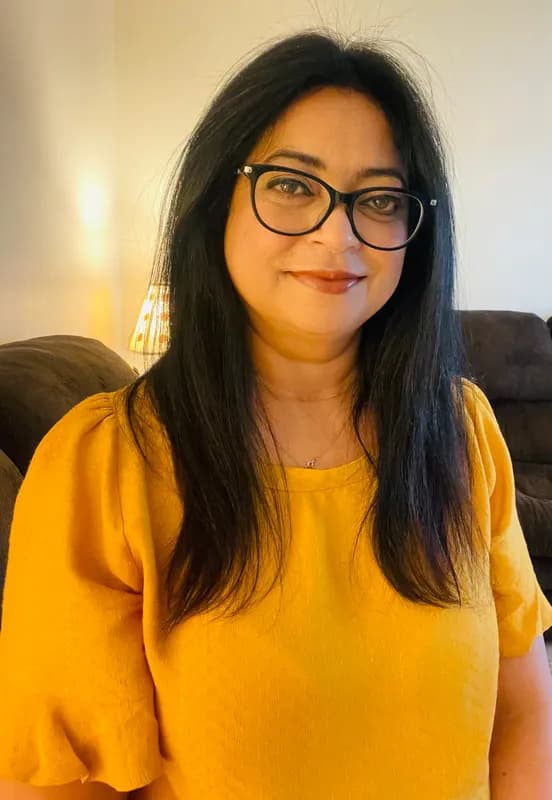
Ekta Sehgal
Registered Psychotherapist (ON)

Sofia Noreen
Registered Psychotherapist (ON)

Chris Graham
Registered Psychologist (AB)
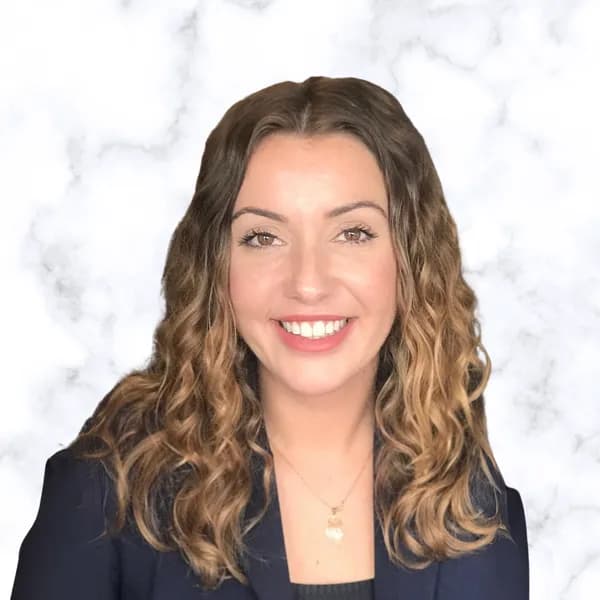
Jessica Maronski
Registered Psychotherapist (ON)

Krista Teare
Canadian Certified Counsellor

Danielle Van Alstine
Registered Psychotherapist (Qualifying) (ON)

Rebecca Sun
Registered Clinical Counsellor (BC)

Caitlin Pelkey
Registered Psychotherapist (Qualifying) (ON)
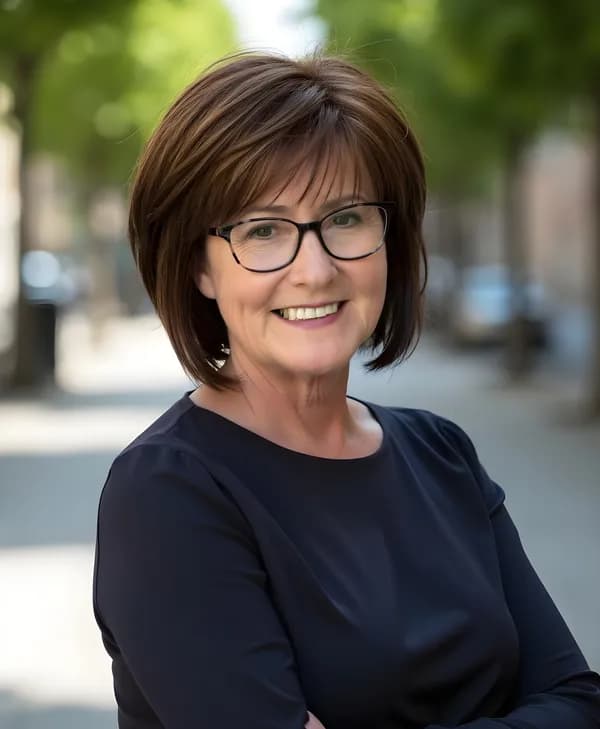
Joanne Prysunka
Canadian Certified Counsellor

Ed Chen
Registered Clinical Counsellor (BC)

Monica Pease
Registered Social Worker (ON)

Shayesteh Zarieh
Registered Psychotherapist (Qualifying) (ON)

Mat Dean
Registered Psychotherapist (ON)

Jay Hinton
Canadian Certified Counsellor
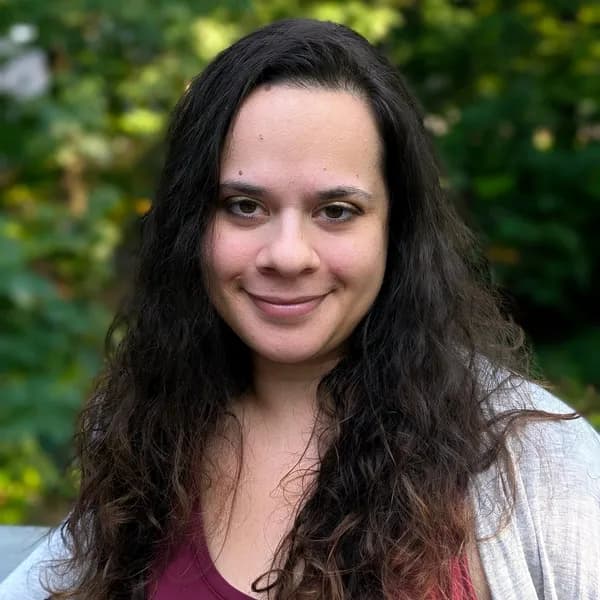
Stephanie Neshcov
Registered Psychotherapist (Qualifying) (ON)
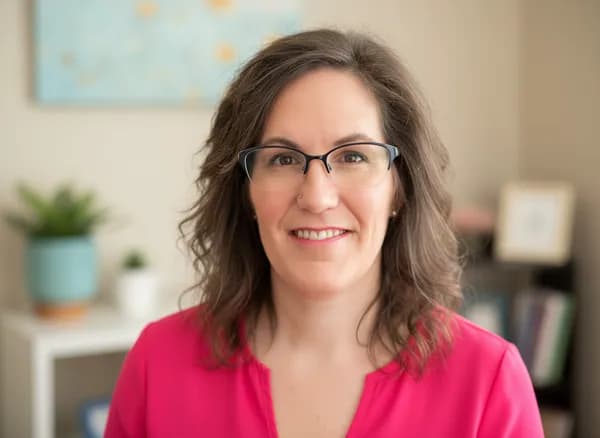
Lesley Evans
Counselling Therapist (AB)
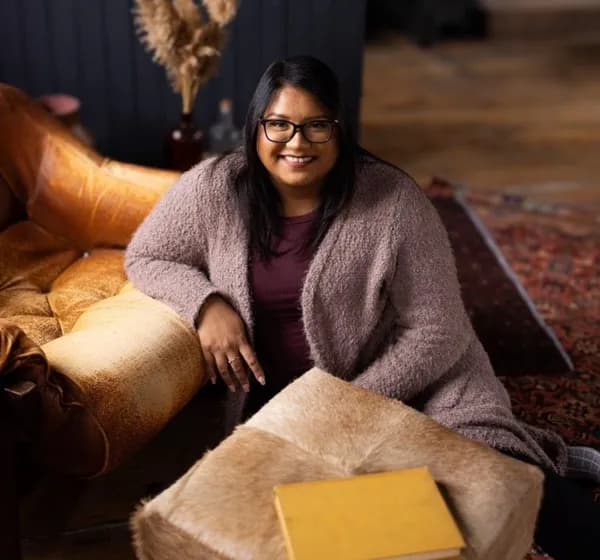
Harpreet Sahota
Registered Social Worker (ON)
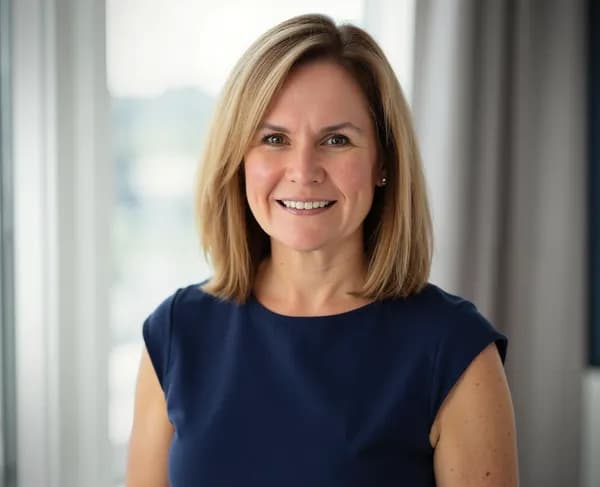
Karen Liivoja
Registered Psychotherapist (Qualifying) (ON)
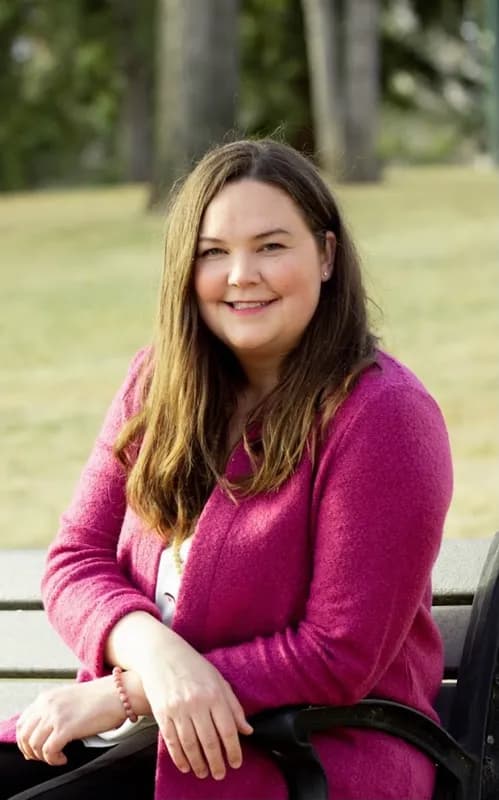
Vanessa Fingland
Counselling Therapist (AB)

Christine Chambers
Registered Psychotherapist (ON)

Ekta Sehgal
Registered Psychotherapist (ON)

Sofia Noreen
Registered Psychotherapist (ON)

Chris Graham
Registered Psychologist (AB)

Jessica Maronski
Registered Psychotherapist (ON)

Krista Teare
Canadian Certified Counsellor

Danielle Van Alstine
Registered Psychotherapist (Qualifying) (ON)

Rebecca Sun
Registered Clinical Counsellor (BC)

Caitlin Pelkey
Registered Psychotherapist (Qualifying) (ON)

Joanne Prysunka
Canadian Certified Counsellor

Ed Chen
Registered Clinical Counsellor (BC)

Monica Pease
Registered Social Worker (ON)

Shayesteh Zarieh
Registered Psychotherapist (Qualifying) (ON)

Mat Dean
Registered Psychotherapist (ON)

Jay Hinton
Canadian Certified Counsellor

Stephanie Neshcov
Registered Psychotherapist (Qualifying) (ON)

Lesley Evans
Counselling Therapist (AB)

Harpreet Sahota
Registered Social Worker (ON)

Karen Liivoja
Registered Psychotherapist (Qualifying) (ON)

Vanessa Fingland
Counselling Therapist (AB)

